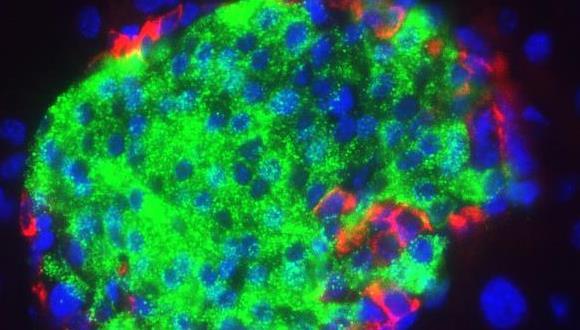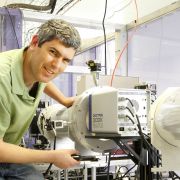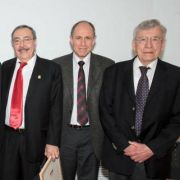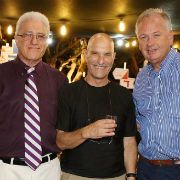TAU Researcher Discovers New Cellular Functions Relating to Diabetes
Pictured above: Islet of Langerhans containing insulin-producing beta-cells (green) and glucagon-producing alpha-cells (red). Credit: : Daria Baer / Limor Landsman
Diabetes is one of the world's biggest killers: In 2015, five million people died from the disease. Another 415 million live with it, one out of every 11 adults. By 2040, the International Diabetes Federation predicts that the rate will increase by about 50%.
Tel Aviv University's Dr. Limor Landsman, of the Department of Cell and Developmental Biology at the Sackler Faculty of Medicine, leads groundbreaking research on the science behind the notorious disease. The European Research Council recognized the importance of her work when it awarded her a prestigious five-year grant in 2013.
Ahead of World Diabetes Day on November 14, Dr. Landsman explains the rationale behind her work.
The Landsman Lab studies the physiology of the pancreas, the organ that regulates sugar and enables food digestion, and the interaction of its various components. Diabetes occurs when cells in the pancreas do not secrete enough insulin and thus the body cannot regulate blood sugar levels.
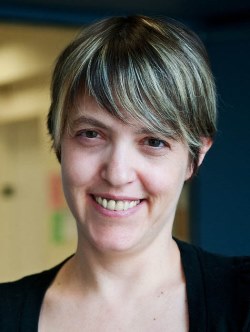
"Obesity is one clear cause of diabetes," she explains, but type 2 diabetes also develops when insulin-producing beta-cells in the pancreas stop functioning properly. "We are trying to understand which signals and interactions are necessary to ensure the proper function" of beta-cells, she says. To this end, the lab has focused on the role of pericytes, a type of cell which plays a supporting role in the pancreas microenvironment. "We recently showed that these support beta-cell function, but we want to know exactly what signals they provide to allow the proper function of beta-cells and the regulation of blood glucose levels," she says.
For Landsman, the ERC grant has proved invaluable because it bestows her with breathing room and the ability to practice "cutting-edge" science. "I can use the latest, most innovative technologies and systems," she says. "I can think two steps ahead and make sure my ideas are implemented." The Lab also received a Marie Curie Career Integration grant and funding from Israel's Ministry of Health and the German-Israeli Foundation.
Yet, with so many dire developments relating to diabetes, Landsman remains focused on the importance of the basic science behind the disease. "If you know how something operates, then you will better understand how to fix it."
Pictured above: Dr. Limor Landsman


